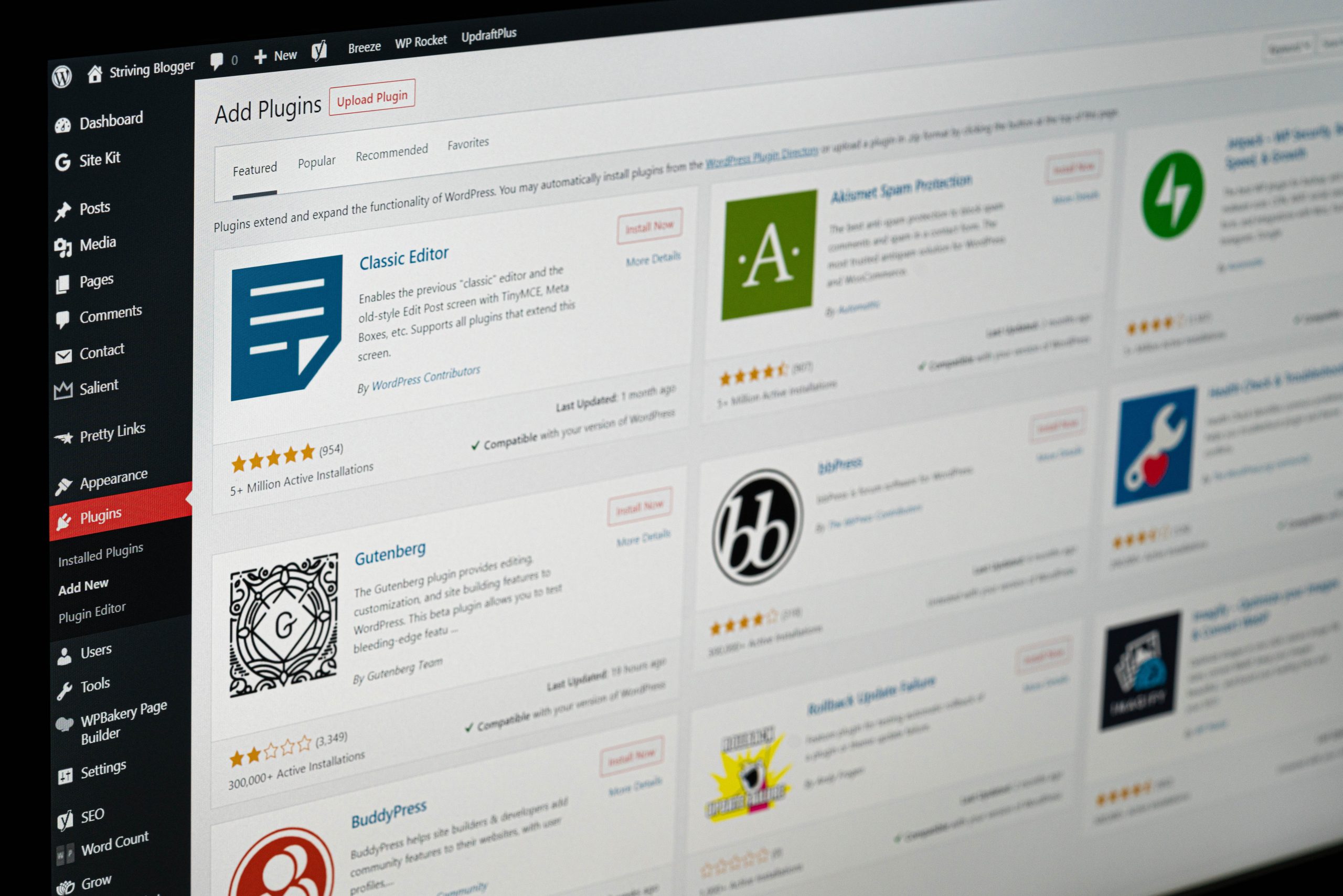WordPress is one of the most popular content management systems for bloggers. It offers a user-friendly interface, customizable features, and a wide range of plugins that can enhance the functionality of your website in many ways.
One such feature that many bloggers often look for is the ability to hide their author name on specific blog posts. This could be for various reasons, such as maintaining anonymity or simply creating an air of mystery around their content. In this article, we will explore how to hide author name in blog posts on WordPress and provide step-by-step instructions to help you achieve this goal.
Contents of Post
Why hide author name on WordPress?
Hiding author names on WordPress can be beneficial in multiple ways. Firstly, it allows the blogger to maintain anonymity and privacy, which may be important for those who wish to share their thoughts and ideas without revealing their identity. This is especially true for sensitive topics such as politics or personal experiences.
Secondly, hiding author names can also help to create a uniform voice throughout the blog. By removing individual authors’ identities, readers can focus more on the content of the post rather than the author’s background or experience. This creates a level playing field where all posts are judged solely on their merit.
Lastly, hiding author names can also help with website management and organization. By using one generic name for all blog posts, it becomes easier to track content and make sure that each post is properly categorized and tagged based on its topic or subject matter. This ultimately leads to a better user experience for readers who are looking for specific information on your site.

Method 1: Using WordPress settings
Using WordPress settings is one of the easiest and most straightforward methods to hide the author name in blog posts on WordPress. First, log in to your WordPress account and navigate to the “Dashboard” section. From there, go to “Settings,” then click on “Writing.”
Once you’re in the Writing settings page, scroll down until you find the “Author” section. In this section, you’ll see an option that says “Default Post Author.” Click on the drop-down menu next to it and select “—Select—,” which should remove any default author name from your blog posts.
After that, scroll down a bit more until you reach the bottom of the page and click on “Save Changes.” That’s it! Your WordPress blog posts will no longer display an author name by default. This method can be particularly useful if you have multiple users contributing to your site or want to maintain anonymous posting for privacy reasons.
Method 2: Using a plugin
Using a plugin is another simple method to hide author name in blog posts on WordPress. There are various plugins available in the WordPress repository that can be used for this purpose. One of the most popular plugins is Hide/Remove Metadata.
This plugin enables users to hide or remove author name and other metadata like date, time, tags, etc. from their blog posts and pages without any coding knowledge. It’s easy to use and comes with a user-friendly interface that allows users to customize settings as per their requirements.
Another plugin worth mentioning is WP Author Box Lite. This plugin hides the author name from individual blog posts while displaying it on the author box at the bottom of each post. Users can also customize the appearance of this box by changing its color, font size, style, etc., making it an excellent option for those who want more control over how their author information appears on their website.

Method 3: Editing the theme code
One way to hide the author name in blog posts on WordPress is by editing the theme code. This method requires some knowledge of HTML, CSS, and PHP coding. Firstly, navigate to Appearance > Editor in your WordPress dashboard. Then, select the theme you are currently using from the list of available themes.
Next, locate the file where your blog post content is displayed and find the line of code that displays the author name. Depending on your theme’s structure, this could be located in a single.php or content.php file. Once you have identified the correct file and line of code, simply remove it or comment it out using /* */ tags.
It is important to note that editing theme code can have potential risks if not done correctly. It’s recommended to make a backup of your website before making any changes to ensure that you can easily restore it if something goes wrong. Additionally, updating your theme or WordPress version may override any changes made to the code so be aware of this when considering this method for hiding author names in blog posts on WordPress.
Benefits of hiding author name
Hiding the author name in blog posts on WordPress has several benefits. Firstly, it can improve the overall professionalism of the website. By having a consistent and anonymous voice throughout all posts, readers may perceive the content as more objective and credible. This is particularly important for blogs that cover controversial or sensitive topics.
Secondly, hiding author names can encourage team collaboration and accountability. When multiple authors contribute to a blog, it can be challenging to ensure everyone is producing high-quality content consistently. By removing individual authorship, each post becomes a product of the collective effort rather than an individual’s work.
Lastly, hiding author names can help protect bloggers from online harassment or threats. Unfortunately, it’s not uncommon for bloggers to receive negative comments or even personal attacks from readers who disagree with their opinions or ideas. Hiding author names can provide an additional layer of anonymity and protection against such behavior.

Risks of hiding author name
Hiding author name in blog posts may seem like a good idea for those who want to keep their privacy. However, it presents several risks that bloggers must consider. Firstly, hiding the author’s name can reduce the credibility of the content in the eyes of readers and search engines. Without an identifiable author, it becomes difficult for readers to know if they are reading reliable information or not.
Secondly, hiding the author’s name can lead to copyright issues. If someone copies and pastes your blog post without credit, it becomes difficult for you to prove that you are the original creator without an identifiable author name attached to your content.
Lastly, not displaying an author’s name can also make engagement with readers more challenging. Without knowing who wrote a specific blog post or article, it makes it harder for readers to engage with them on social media or leave comments on their website.
In conclusion, while there may be valid reasons why one would want to hide their identity as a blogger; there are also several risks associated with doing so that need careful consideration before taking such action.
Conclusion: Consider your reasons for hiding or displaying the author name
In conclusion, the decision to hide or display the author name on a blog post should not be taken lightly. There are various reasons why one may choose to do either, and it all depends on the blogger’s goals and preferences.
For instance, bloggers who prioritize anonymity may opt to hide their names to protect their privacy. This is especially true for those who discuss sensitive topics that could potentially put them in danger.
On the other hand, displaying your author name can help build credibility and trust with readers. When people know who wrote a particular post, they can connect with the author on a personal level and establish a sense of community around their content.
Ultimately, whether you choose to show or hide your name as an author will depend on what you hope to achieve with your blog. Whatever your decision may be, ensure it aligns with your blogging goals and values.

